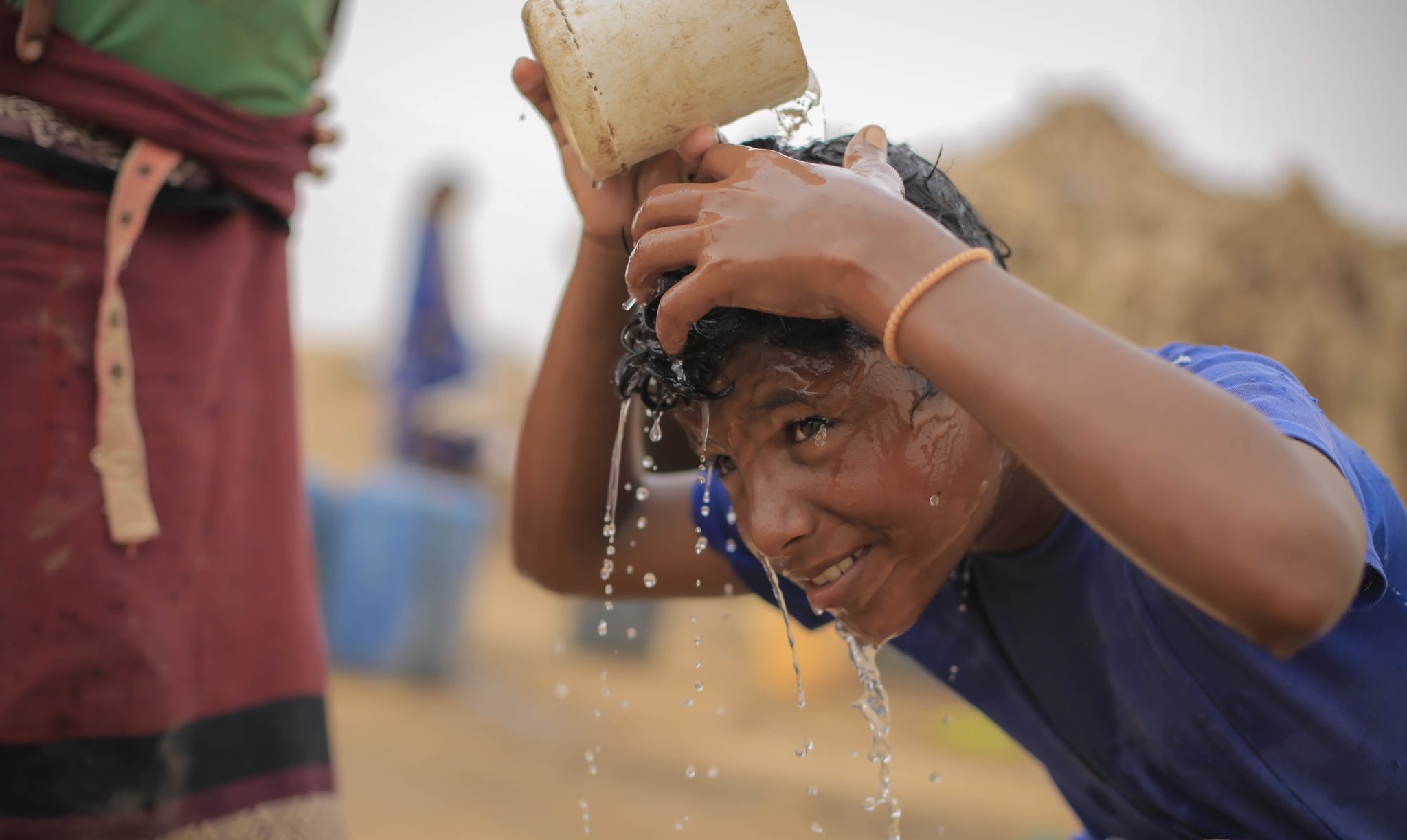Officials attributed conflict, pandemics, and occupation as the factors driving regional water scarcity.
Fifty million people in the Arab region lack access to basic water and 90% of the population live in water-scarce countries, the United Nations warned on Monday.
The alarming figures were shared by the UN’s Economic and Social Commission for Western Asia (ESCWA) during an event organised by the intergovernmental organisation in cooperation with the Arab League in New York.
“Water in the Arab region is a source of prosperity, but it is also a potential cause of instability and conflict. Water scarcity in the Arab region is a matter of water security, food security, prosperity and a decent life,” Rola Abdullah Dashti, Executive Secretary of ESCWA, said.
Dashti also revealed the region is not on the right track with regards to achieving the sixth UN Sustainable Development Goal of providing equal access to water by 2030.
The official stressed the need for regional cooperation, emphasising the pivotal role of water diplomacy between countries.
Meanwhile, the head of sustainability at the Arab League Ambassador Shahira Wahbi said that water scarcity is the highest in the Arab region, which is also the most affected by climate change.
“The solution to addressing the issue of Arab water security and water scarcity lies[…]in the use of non-traditional water resources in the Arab region of desalinated water, the use of wastewater, sewage and agricultural water, and the use of safe groundwater, semi-saline water and rainwater harvesting,” Wahbi explained.
Yemen’s Minister of Water and Environment Tawfiq Al-Sharjabi told officials that water scarcity is exacerbated by several factors, including diseases, occupation, and the increase in populations.
End to ‘water apartheid’
Meanwhile, the Head of Palestine’s Water Authority Mazen Ghoneim also called on diplomats to press Israel to stop controlling Palestinian water.
Israel has tightened its grip over Palestinian resources, including water, over the past decades as it continues to illegally occupy Palestine. Rights groups have slammed Israel’s practices as “water apartheid”.
The occupying state controls more than 85% of Palestine’s water in occupied territories, per figures released by the Palestinian Water Authority last week.
In turn, Palestinians are forced to purchase water from their land at inflated prices from Israel, which still provides limited access to the basic good.
According to global UN figures, 2.3 billion people live in what it described as “water-stressed countries”.
At least 1.42 billion people, including 450 million children, globally live under high or extremely high water vulnerability.







